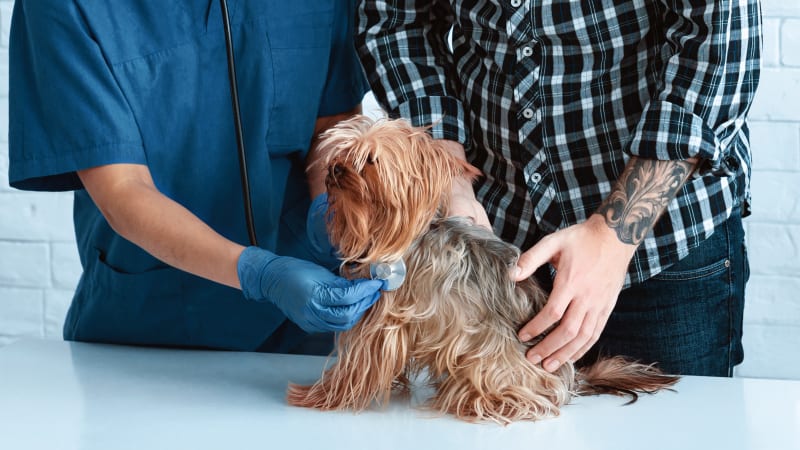
For pet owners, ensuring the health and well-being of their furry companions is a top priority. Pets provide companionship, joy, and unconditional love, but their health requires proactive care. One of the most critical aspects of responsible pet ownership is scheduling and attending regular veterinary checkups. These routine visits are not merely for addressing illnesses; they play a vital role in prevention, early detection, and maintaining overall wellness.
Preventive Health Care: The Key to Longevity

One of the main reasons regular veterinary visits are essential is preventive care. Just like humans, pets benefit from routine examinations that can identify potential health problems before they become serious. Vets conduct thorough physical examinations, checking the pet’s weight, coat condition, eyes, ears, teeth, and vital signs. They also review the pet’s medical history, diet, and behavior, which can offer early clues to underlying health issues.
Vaccinations are a fundamental part of preventive care. During checkups, veterinarians ensure pets are up-to-date with their vaccines to protect against diseases such as rabies, distemper, parvovirus, and feline leukemia. Parasite control, including treatments for fleas, ticks, and worms, is also addressed during these visits, safeguarding pets from infections that could impact their health and comfort.
Early Detection of Illnesses
Regular checkups are invaluable for early detection of health problems. Many conditions, such as kidney disease, diabetes, arthritis, or heart disease, develop gradually and may not show obvious symptoms until they become advanced. A veterinarian’s expertise allows for subtle signs of illness to be detected through physical exams, blood tests, and other diagnostic tools.
Early diagnosis is often the difference between manageable treatment and more complex, costly interventions. For example, dental disease in pets can lead to infections affecting the heart and kidneys. Detecting dental issues during routine checkups can prevent severe complications and improve a pet’s quality of life. Similarly, identifying obesity early allows veterinarians to recommend dietary adjustments and exercise plans before weight-related health problems emerge.
Behavioral and Lifestyle Guidance

Veterinary visits are not only about physical health; they also provide guidance on behavior and lifestyle. Vets can advise on proper nutrition, exercise, grooming, and socialization tailored to the pet’s breed, age, and health status. They can also offer strategies to address behavioral issues such as anxiety, aggression, or excessive barking, which, if left unchecked, can affect both the pet’s well-being and the owner’s quality of life.
For older pets, regular checkups become even more crucial. Age-related changes, including arthritis, vision or hearing loss, and cognitive decline, require monitoring and management. Vets can recommend appropriate interventions to maintain mobility, comfort, and mental stimulation, helping pets enjoy a better quality of life in their senior years.
Building a Strong Vet-Owner Relationship
Regular visits also foster a strong relationship between pet owners and veterinarians. By seeing the same vet consistently, owners develop a trusted partnership, ensuring continuity of care. Vets become familiar with the pet’s unique needs, personality, and medical history, allowing for more personalized and effective care.
This relationship is vital in emergency situations, where the vet already knows the pet’s medical background and can make informed decisions quickly. Regular interactions also give owners the opportunity to ask questions, express concerns, and receive guidance on complex health matters, from nutrition choices to medication management.
Financial Benefits of Preventive Care
While some pet owners may view veterinary visits as an expense, regular checkups can actually save money in the long term. Preventive care and early detection reduce the risk of expensive emergency treatments or surgeries. For example, discovering a minor skin infection early can prevent costly hospitalization later. Investing in routine veterinary care is an investment in the pet’s long-term health and can prevent financial stress caused by sudden, severe illnesses.
Conclusion
Regular veterinary checkups are an essential aspect of responsible pet ownership. They provide preventive care, enable early detection of illnesses, support behavioral and lifestyle guidance, strengthen the vet-owner relationship, and offer financial benefits by reducing the likelihood of serious health problems. Pets cannot communicate their discomfort in the same way humans can, making these visits crucial for maintaining their health and happiness. By committing to routine vet appointments, pet owners not only extend the lifespan of their companions but also ensure a higher quality of life, filled with vitality, comfort, and joy.
